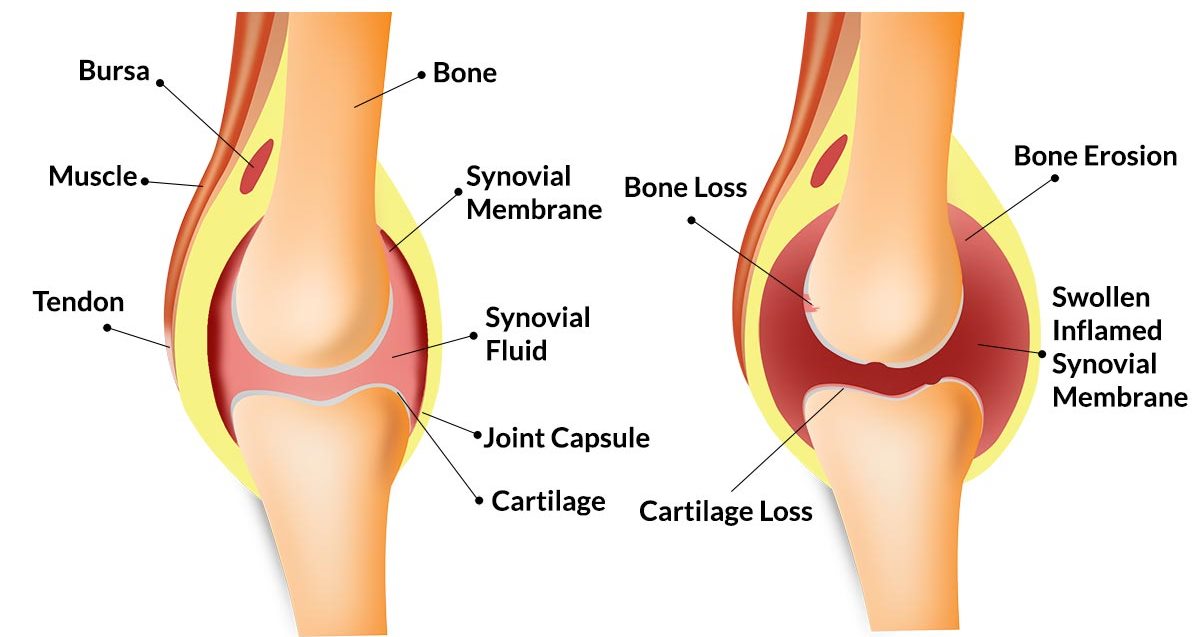- Home
- Anterior Cruciate Ligament Repair
Anterior Cruciate Ligament Repair
Anterior Cruciate Ligament ( ACL ) Repair
A variety of issues can cause knee swelling, including injuries and medical conditions such as arthritis. A person can treat some of these causes at home, while other issues require care from a doctor. In some cases, the cause of the swelling is chronic and requires long-term treatment. Keep reading for more information about what can cause the knee to swell, what home care techniques may help, and when to see a doctor.

Symptoms
Swelling is a sign of inflammation. It is a buildup of fluid around a damaged area, and it usually causes the area to become larger and puffier.
There are different types of inflammation. In the joints, such as the knee, a person may have:
- effusion — swelling inside the joint
- edema — swelling in tissues around the joint
- hemarthrosis — swelling and a buildup of blood within the joint
Inflammation, and therefore swelling, can be acute or chronic. Acute swelling may result from an injury and disappear within a day. Chronic swelling can last much longer and signal an underlying medical condition.
The fiveTrusted Source key signs of acute inflammation include:
- pain
- full or partial loss of function
- heat
- redness
- swelling
BOOK AN APPOINTMENT
“KNEEO Technique” For Knee Replacements
Causes
Some possible causes of acute knee swelling include:
Bursitis
Bursitis occurs when the fluid-filled sacs in the knee, called the bursae, become irritated.
An inflammatory response in the knee then causes swelling. The swelling puts pressure on other parts of the knee and can cause pain.
The American Academy of Orthopaedic Surgeons suggest that the most common causes of bursitis are frequent kneeling or blunt force trauma to the knee.
To diagnose this, a doctor examines the knee and may order scans, such as an X-ray or MRI. If bursitis is the cause, treatment may include a combination of:
- compression
- using ice packs
- elevating the knee
- resting
- taking nonsteroidal anti-inflammatory drugs (NSAIDs), such as ibuprofen, for pain relief
Arthritis
Arthritis is another common cause of swelling in the knees. In a person with arthritis, there is underlying chronic inflammation, but they may still experience the five key markers of acute inflammation.
According to the Arthritis Foundation, several types of arthritis can cause knee swelling, including:
- osteoarthritis, the most common form, which results from a breakdown of cartilage in the knee
- rheumatoid arthritis, an inflammatory form, in which the immune system mistakenly attacks the joints
- juvenile arthritis, which occurs in people aged 16 and under
- reactive arthritis, a chronic type that commonly follows an infection of the genitals or urinary tract
- infectious arthritis, which occurs when an infection causes swelling in a joint
- gout, a form of arthritis that results from a buildup of uric acid in the blood
If a doctor suspects arthritis, they will ask about other symptoms and check the person’s medical history. They may also order tests, such as blood work, and imaging, such as an X-ray.
The best treatment plan depends on the type of arthritis but might include:
- pain relief medication, such as NSAIDs
- lifestyle changes, such as exercise
- physical therapy
- corticosteroids
- disease-modifying antirheumatic drugs
- assistive devices
- surgery
Acute injuries
Acute injuries may result from sports, exercise, or accidents involving blunt force trauma to the knee. Some common forms of acute knee injury include:
- sprains to the ligaments or muscles surrounding the knee from a sudden twist, turn, or hit
- tendonitis from overuse of a tendon or joint
- torn cartilage from trauma
A doctor may use imaging, such as an X-ray, CT, or MRI, to assess the damage.
Treatment may involve a combination of:
- resting
- using braces or other assistive devices
- taking NSAIDs
- receiving physical or occupational therapy
- undergoing surgery
Infections
Infections such as the following can cause swelling in the knee:
- lupus, a chronic condition that causes the immune system to attack healthy tissues, including those in the joints
- Lyme disease, which is spread by ticks and causes flu-like symptoms, a rash, and joint swelling
Testing can help a doctor determine whether an infection is responsible for the swelling. They may prescribe antibiotics if the infection is bacterial, as with Lyme disease.


